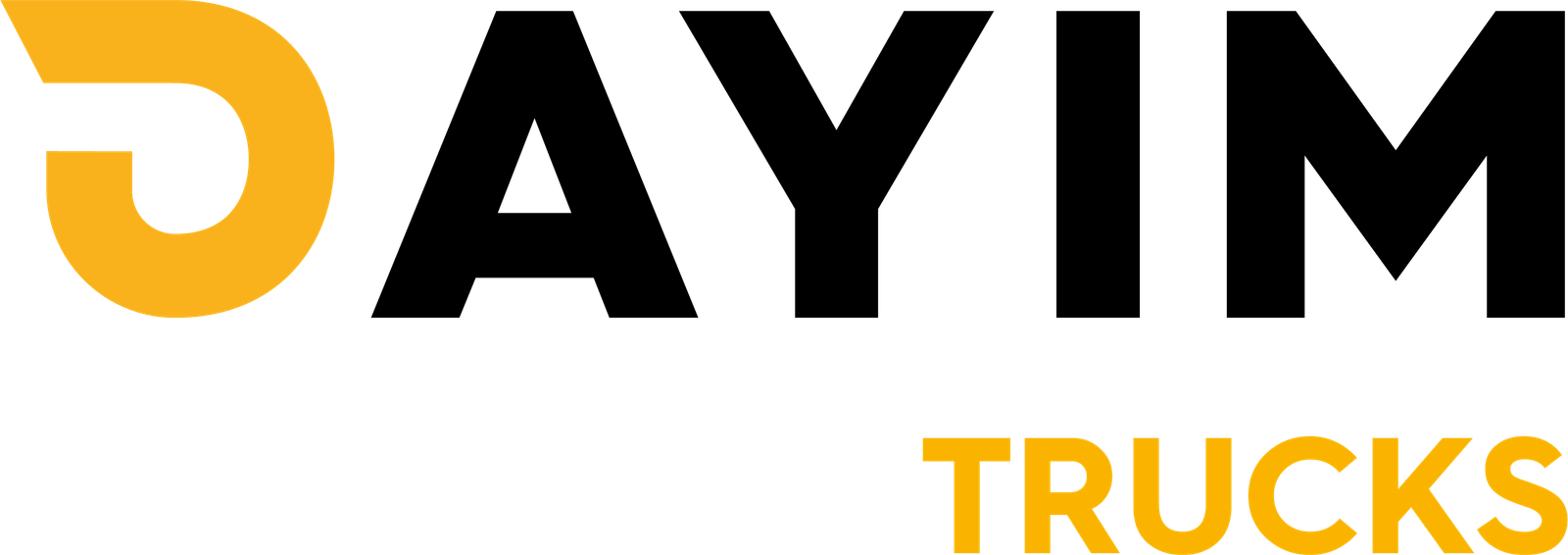Optimize your website from No Clicks to More Clicks: You’ve built a website but why isn’t anyone clicking? In today’s digital-first world, having a website isn’t enough. You need a website that loads fast, ranks high, is easy to navigate, and gives users what they’re looking for—quickly.
Whether you’re a local business in Jaipur, a growing brand in Agra, or a startup in Delhi NCR, website optimization is the key to turning passive visits into real engagement and conversions.
This guide will walk you through a holistic approach to website optimization in 2025 from SEO best practices to page speed, structure, user experience, and beyond.
What Is Website Optimization?
Website optimization is the strategic process of improving a website’s performance across various metrics visibility, usability, speed, mobile responsiveness, and technical SEO to increase traffic, clicks, and conversions.
It involves:
- Search engine optimization (SEO)
- User experience (UX)
- Content refinement
- Speed and mobile performance
- Technical improvements (like schema and crawl budget)
Want to see how we help brands grow? Explore our SEO Services
Step 1: Start with an SEO Audit
Before you make changes, know where you stand. A comprehensive SEO audit checks:
- Site structure and internal linking
- On-page SEO (titles, headings, metadata)
- Keyword performance
- Backlink profile
- Technical issues like broken links or crawl errors
Step 2: Improve Website Speed and Performance
Speed is crucial. Google’s Core Web Vitals now directly impact your rankings. A slow site leads to higher bounce rates and poor engagement.
Ways to boost performance:
- Compress images and videos
- Minify CSS, JS, and HTML
- Use lazy loading
- Leverage browser caching
- Use a reliable hosting solution
Learn more: Website Speed Optimization Guide
Step 3: Optimize for Mobile Users
Over 70% of website traffic in India comes from mobile devices. Your website must be responsive and function perfectly on all screen sizes.
Tips:
- Use a mobile-first design
- Avoid popups that interfere with UX
- Make navigation thumb-friendly
- Optimize font size and button spacing
Step 4: Use Structured Data & Schema Markup
Schema markup helps search engines understand your content better—and can even earn you featured snippets or rich results.
Implement:
- Article schema on blogs
- LocalBusiness schema on contact pages
- FAQ & HowTo schema on tutorials
- Breadcrumb schema across the site
Dive in: What Is Schema Markup & How Can Structured Data Be Used?
Step 5: Fix Crawl Budget Issues
Search engines allocate a “crawl budget” to your site. If it’s wasted on duplicate pages or errors, your best content may not even get indexed.
Optimize crawl efficiency by:
- Removing unnecessary redirects and duplicate pages
- Fixing 404 errors
- Managing robots.txt and sitemap.xml properly
Step 6: Improve Internal Linking Strategy
Good internal linking helps both users and search engines discover your content. Use strategic anchor texts that reflect your keywords.
For example, link from this post to:
Step 7: Ensure Content Matches Search Intent
Your website should answer the user’s query—quickly and clearly. Optimize each page to match the search intent (informational, navigational, transactional).
- Use relevant headings and subheadings
- Avoid keyword stuffing
- Add FAQs, CTAs, and multimedia for deeper engagement
Step 8: Monitor, Test, and Improve
Use tools like Google Search Console, Google Analytics, Ahrefs, or Semrush to continuously monitor:
- Rankings
- Bounce rate
- Click-through rate (CTR)
- Conversions
Run A/B tests on landing pages, CTA buttons, and navigation to improve UX and CRO (conversion rate optimization).
Conclusion
Website optimization is no longer optional. In a world where users have high expectations and search engines demand precision, you must regularly audit, update, and elevate your website’s performance.
Start small, optimize strategically, and track the gains. Whether it’s speed, structure, content, or UX—every improvement leads to more clicks.
Need help getting started? Explore our full range of SEO Services or talk to our experts at Dtroffle.
Frequently Asked Questions:
-
What is website optimization?
Website optimization is the process of improving a website’s performance, user experience, SEO, and speed to drive more traffic, increase engagement, and boost conversions. -
Why is website optimization important for SEO?
Optimizing your website helps search engines crawl, index, and rank your pages more effectively, resulting in better visibility and higher organic traffic. -
How can I check if my website is optimized?
You can run a website audit using tools like Google Search Console, PageSpeed Insights, Ahrefs, or SEMrush to analyze technical SEO, performance, and content issues. -
How does page speed impact SEO?
Page speed is a Google ranking factor. Faster-loading websites provide better user experiences and reduce bounce rates, helping improve your search engine rankings. -
What are the most common website optimization mistakes?
Some common mistakes include slow load time, missing meta tags, broken links, non-mobile-friendly designs, poor internal linking, and lack of structured data. -
What is schema markup and how does it help SEO?
Schema markup is a type of structured data that helps search engines understand your content. It can also improve how your site appears in search results with rich snippets. -
How do I optimize my website content for search intent?
Understand your target audience’s queries, match content format and tone to intent (informational, transactional, navigational), and use relevant keywords naturally. -
How often should I update my website content?
Update high-performing content quarterly and optimize older posts yearly to ensure relevance, accuracy, and SEO performance. -
Can optimizing website speed improve mobile performance too?
Yes, optimizing page load speed greatly enhances mobile user experience and Core Web Vitals, which affect mobile search rankings. -
Should I hire an SEO agency to optimize my website?
If you’re unsure how to audit, improve, and track performance, working with an experienced SEO agency like Dtroffle can save time and generate better long-term results.





